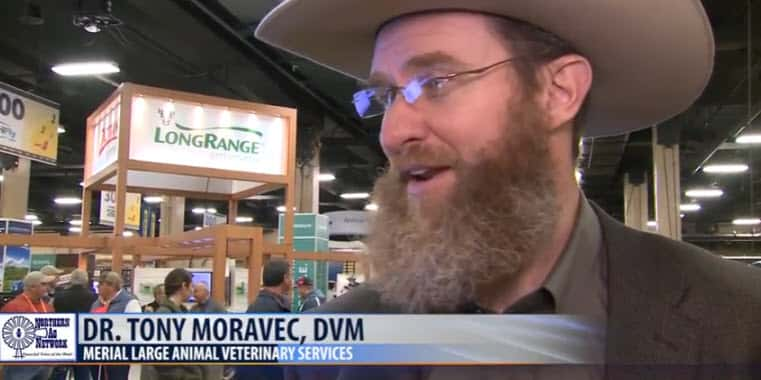Today’s progressive cattle producer has a strong grasp on factors that can cut into efficiency and profits in their operation. Still, many underestimate the effects that parasites can have on cattle health and, ultimately, productivity and profitability. One way to increase profitability is to consider treating cows for parasites each spring with an extended-release dewormer.
“In parasite control, timing and duration
He adds that it is important for cattle producers to understand the parasite life cycle when developing a deworming strategy.
“In the southern United States, the first deworming should take place in the spring to help protect cattle from infective larvae on pastures and help reduce pasture parasite loads,
That’s because parasitologists have shown that it takes that long to break the parasite life cycle, and breaking the parasite life cycle is the key to reducing the parasite burden on the pasture.2,3 He notes that most parasite control products last from 14 to 42 days and require bringing cattle up for multiple applications.
“The benefit of breaking the parasite life cycle is better-performing cattle throughout the grazing season and pastures with lower parasite loads to infect calves or re-infect cows in the summer and fall,” Dedrickson says. “Strategically dewormed beef cattle have been shown to produce more milk, have improved feed efficiency, improved reproductive efficiency and have a stronger immune system to fight off other diseases.”
Because every producer’s situation is unique, Dedrickson recommends checking labels to determine the length of parasite control a deworming product offers and consulting with a veterinarian to develop a deworming strategy. He also suggests keeping the following in mind: “The time of year when the grazing season begins, age and category of the animals, type of operation and grazing history of the pasture are all considerations to discuss.”
Source: Merial press release
NCBA Convention Conversations brought to you by LongRange


